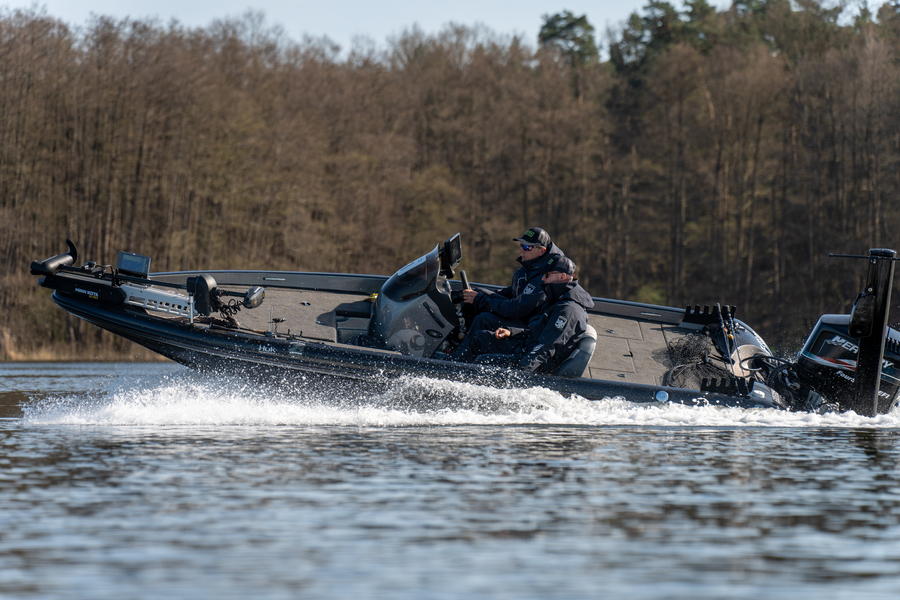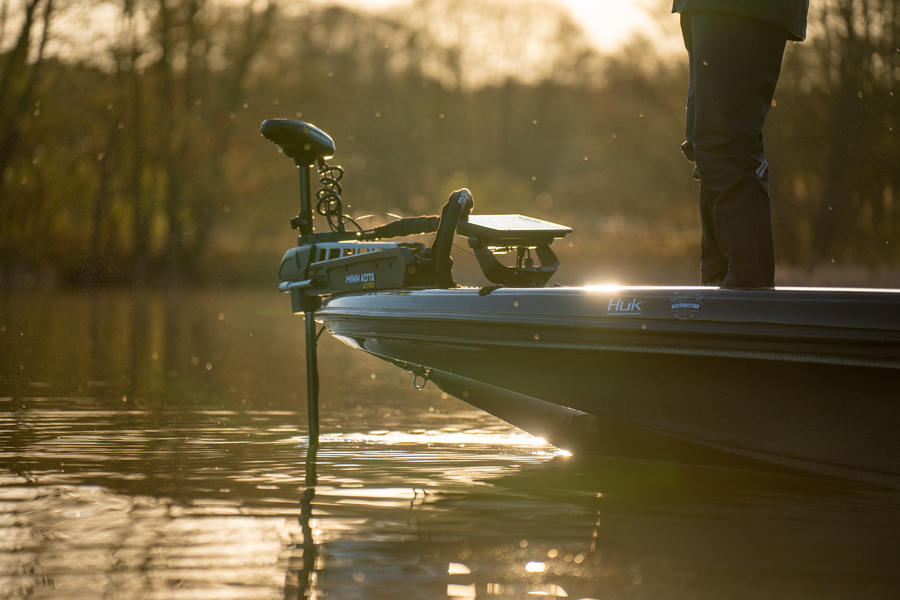How to Buy a Second-Hand Boat: Essential Tips
Buying a second-hand boat can be an exciting but daunting experience. Whether you are a seasoned angler or a newbie searching for the best second hand boats to buy, knowing what to look for can help you make an informed decision. The market for second hand fishing boats is vast, and it’s easy to get overwhelmed by all the options. However, with the right knowledge and approach, you can find the perfect boat that fits your needs and budget.
In this guide, we’ll explore the best practices for buying a second hand boat, what to look for when inspecting a used boat, and the best place to buy second hand boats. Let’s dive into the details of the process of buying a second hand boat to help ensure your investment is a sound one.

What Questions to Ask When Buying a Second-Hand Boat
Before committing to any second hand fishing boat, it’s essential to ask the right questions to understand the boat's history and condition. One of the first questions to ask is how old the boat is. The age of the boat can significantly impact its value, condition, and how much work might be required to maintain it. Also, inquire about the boat's maintenance history. A well-maintained boat is more likely to be in better shape and will require fewer repairs over time. Ask whether the boat has been in any accidents or undergone any repairs. Get detailed information about any hull damage, engine issues, or other repairs, as this can affect the boat's longevity and safety.
It’s also crucial to ask how many hours are on the engine. The engine is the heart of the boat, and the number of hours it has been in use will give you an idea of how much wear it has gone through. Ask for a test run to ensure the engine runs smoothly. It’s helpful to request the boat’s maintenance records, as this can provide evidence of regular upkeep. Additionally, don’t forget to ask if any accessories or extras are included, such as life jackets, anchors, or electronics.
What to Check When Buying a Second-Hand Boat
When buying a second hand boat, a thorough inspection is key to understanding its condition and potential costs for future repairs. Start by examining the hull for any signs of damage, such as cracks, gouges, or deep scratches. Even minor issues with the hull can lead to more significant problems down the line, so this is an essential aspect of the inspection. Next, pay attention to the boat's engine. Look for signs of wear, such as rust or oil leaks. A test run is a great way to see how the engine performs on the water and whether there are any noticeable issues.
Another important area to check is the electrical system. Ensure that all the boat’s electrical systems, including the wiring, battery, and electronics such as the navigation lights and depth finders, are functioning properly. If the boat comes with a trailer, inspect the condition of the wheels, axles, and frame to make sure it’s roadworthy. Check the trailer’s lights as well. Inside the boat, inspect the seating, floors, and storage compartments. Look for signs of mold, mildew, or water damage, especially if the boat has been stored improperly. Lastly, confirm that the boat has all required safety equipment, such as life jackets, fire extinguishers, and flares. This is important for both legal compliance and your safety.

What to Do When Buying a Second-Hand Boat
The process of buying a second hand boat involves more than just inspecting the boat’s condition; there are several steps you need to follow to ensure a smooth transaction. First, do your research before heading out to view a boat. Understand what type of boat you're looking for. Knowing your preferences and what fits your needs will make the process easier.
Once you’ve selected a boat you’re interested in, it’s time for an inspection. Follow the questions mentioned earlier to evaluate the boat thoroughly. Taking the boat for a test ride is a must. During the test ride, pay attention to how the boat handles on the water, how the engine performs, and whether there are any unusual sounds or vibrations. If you’re unsure about any aspect of the boat’s condition, consider hiring a marine surveyor to conduct a professional inspection.
After the inspection and test ride, if you’re satisfied with the boat, it’s time to negotiate the price. If the boat has any issues, use these points to negotiate a better deal. When you’re ready to proceed, ensure that you complete all the necessary paperwork for the transfer of ownership. Verify that the boat has a clear title, and make sure the registration is up to date. If you’re buying from a private seller, it’s important to ensure that they are the legitimate owner.
Tips for Buying a Second-Hand Boat
When it comes to second hand boat buying tips, the key is to be patient and diligent. First, have a clear idea of your budget. Boats can be expensive, and there may be additional costs involved, such as maintenance, insurance, and registration, so it’s important to know how much you’re willing to spend. While you might be tempted to rush into a deal, don’t settle for the first boat you come across. Take your time to evaluate different options and ensure that the boat you choose meets your needs and budget.
Consider getting a marine survey if you’re unsure about the boat’s condition. A surveyor can provide a detailed inspection and help you avoid purchasing a boat that may require extensive repairs. If you’re not mechanically inclined, bringing along a friend or a professional who can help assess the boat’s condition is always a good idea. You should also check for warranties, especially if the boat is still under the manufacturer’s warranty.
Best Place to Buy Second-Hand Boats
The best place to buy second hand boats depends on what you’re looking for and the level of convenience you prefer. Online platforms like Boat Trader and Craigslist are popular marketplaces where you can browse a wide variety of second-hand boats. These platforms allow you to filter your search by factors like boat type, price, and location. You can also check out local classified ads or boat dealerships that specialize in used boats. While dealerships may be more expensive than buying from a private seller, they often offer warranties and after-sales support, which can be worth the extra cost.
Auction sites can also be an option if you’re looking for a bargain. Online auction platforms like eBay and local boat auctions can sometimes offer great deals on used boats. However, be sure to know what you’re bidding on and inspect the boat carefully before placing a bid. Lastly, word of mouth can be an excellent resource. Ask fellow anglers, friends, or other boaters if they know of anyone selling a boat. Personal recommendations can often lead to great finds.
Conclusion
Buying a second hand boat is a big decision, but with the right approach, you can find a great deal that meets your needs and budget. By asking the right questions, thoroughly inspecting the boat, and following the second hand boat buying tips mentioned above, you can make a sound purchase. These steps will help guide you through the process. Take your time, do your research, and enjoy the process of finding your next great boat for all your water adventures!



